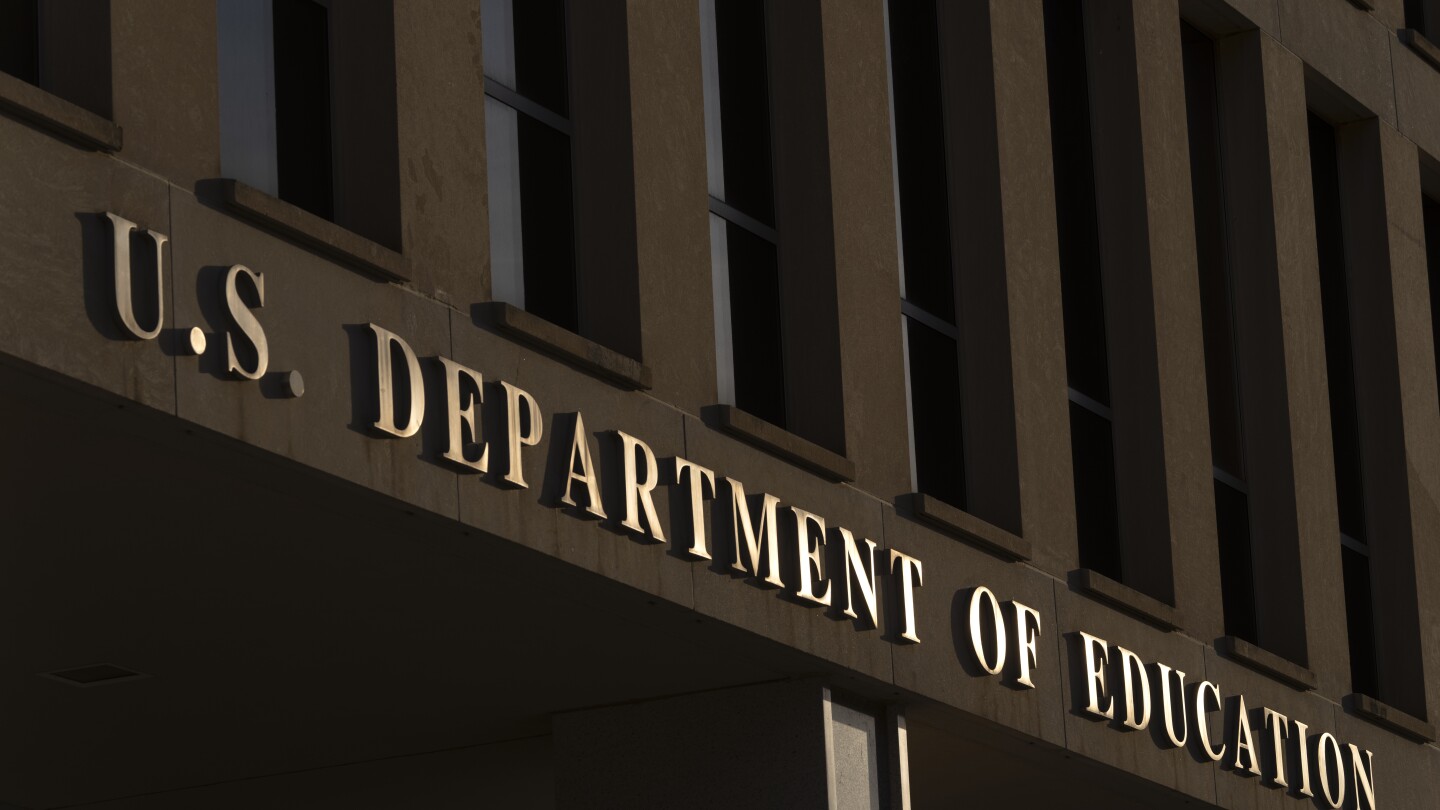Over 50 Universities Under Federal DEI Investigation: A Deep Dive into the Controversy
The Department of Education's Office for Civil Rights (OCR) is currently investigating over 50 universities across the nation for potential violations of Title VI of the Civil Rights Act of 1964. These investigations, focusing on Diversity, Equity, and Inclusion (DEI) initiatives, have sparked a national debate about the role of higher education in promoting diversity while upholding principles of equal opportunity. This article delves into the specifics of the investigations, the arguments for and against the policies under scrutiny, and the potential consequences for universities involved.
The Scope of the Investigations
The OCR investigations aren't targeting DEI programs outright. Instead, they're examining specific policies and practices within these programs that are alleged to discriminate against students based on their race, ethnicity, or national origin. This includes:
- Race-conscious admissions policies: Many universities utilize affirmative action policies in admissions, considering race as one factor among many. These policies are central to the debate, with critics arguing they violate the principle of equal opportunity.
- Preferential treatment in scholarships and fellowships: Similar concerns arise regarding the allocation of financial aid, where some argue that race-based preferences disadvantage qualified students from other backgrounds.
- Curriculum and training programs: The content and implementation of certain DEI initiatives, including mandatory training programs for faculty and staff, are under scrutiny for potentially promoting discriminatory viewpoints or creating a hostile environment.
The Arguments For and Against
Proponents of DEI initiatives argue that these programs are crucial for addressing historical and systemic inequities in higher education. They believe that a diverse student body enriches the learning environment and prepares students for an increasingly diverse world. Furthermore, they maintain that considering race as one factor in admissions is necessary to achieve a truly representative student body.
Critics, on the other hand, argue that these programs violate the principle of equal opportunity, unfairly disadvantaging qualified students based on their race or ethnicity. They contend that merit should be the sole determining factor in admissions, scholarships, and other opportunities. They emphasize that Title VI prohibits discrimination based on race, color, or national origin.
Potential Consequences and Future Implications
The consequences for universities found to be in violation of Title VI could be significant. These include:
- Loss of federal funding: This would be a devastating blow to many universities, impacting their ability to operate and provide educational services.
- Legal challenges and lawsuits: Universities could face additional legal action from students and organizations challenging their DEI policies.
- Reputational damage: Negative publicity surrounding these investigations could harm a university's reputation and attract fewer prospective students.
The outcome of these investigations will have far-reaching implications for higher education in the United States. It will shape the future of DEI initiatives, influencing how universities approach diversity and inclusion while adhering to federal regulations. The debate is far from over, and the coming months will likely bring further developments.
Staying Informed
The situation regarding DEI investigations in higher education is constantly evolving. For the latest updates and in-depth analysis, consider following reputable news sources covering higher education policy and legal affairs. Understanding the complexities of this issue is crucial for anyone involved in or affected by higher education.
Keywords: DEI, Diversity, Equity, Inclusion, Title VI, Civil Rights Act, Higher Education, Universities, Federal Investigation, Department of Education, OCR, Affirmative Action, Admissions, Scholarships, Discrimination, Legal Challenges
(Note: This article provides general information and does not constitute legal advice. For specific legal questions, consult with a qualified legal professional.)
